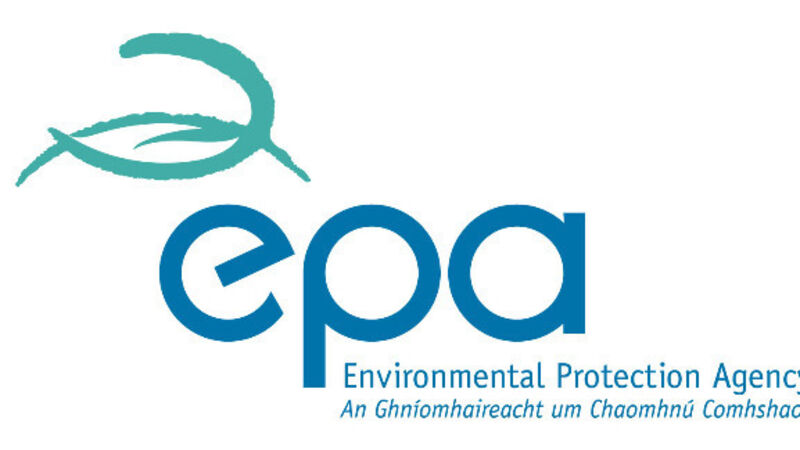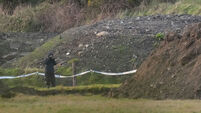EPA receives almost 800 complaints about industrial and waste facilities

Members of the public made almost 800 complaints about industrial and waste facilities to the Environmental Protection Agency (EPA) last year, with more than half of these relating to bad smells and odours.
The complaints were detailed in the EPA's Industrial and Waste Licence Enforcement report for 2018.













